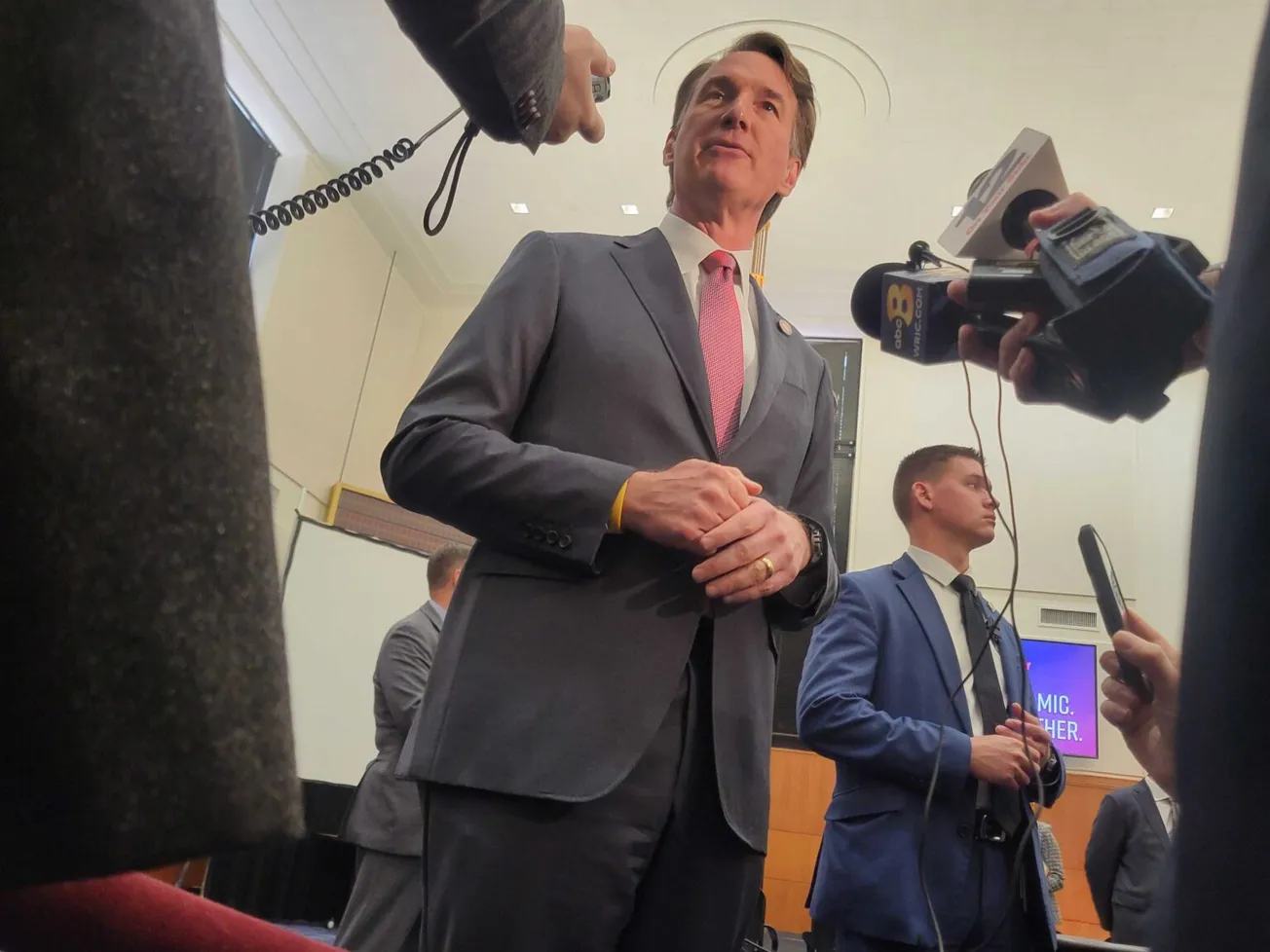Youngkin carves out $900 million as Virginia prepares for Trump-era uncertainty
Governor highlights investments in health, education and disaster relief while lawmakers brace for Medicaid debates

Governor highlights investments in health, education and disaster relief while lawmakers brace for Medicaid debates
